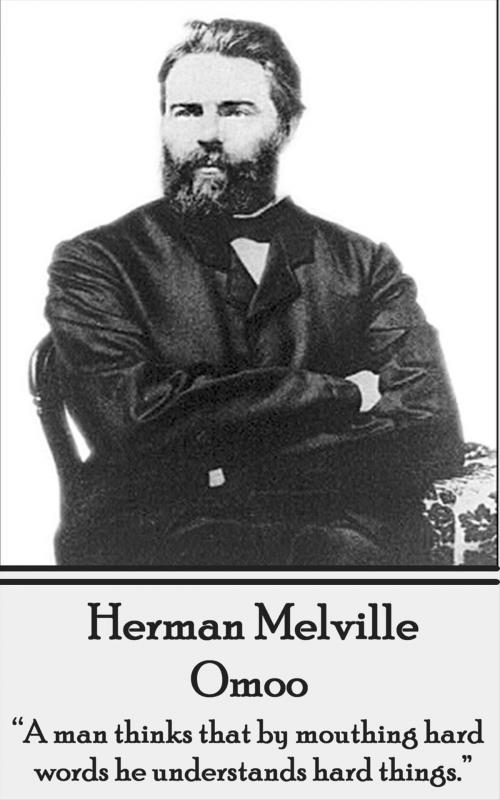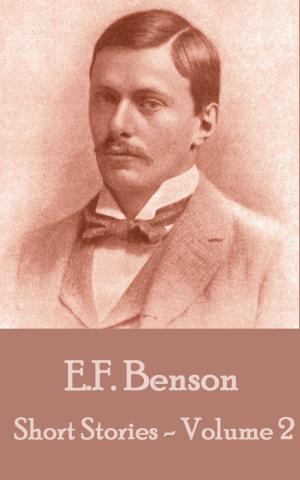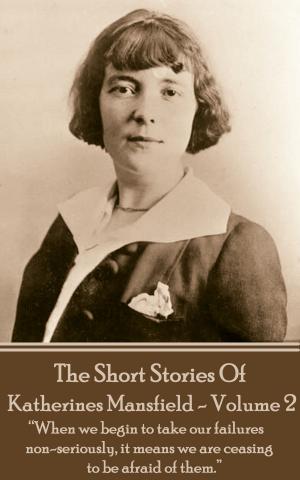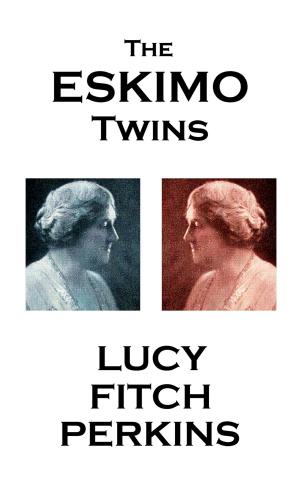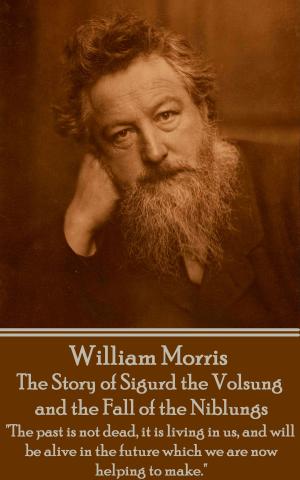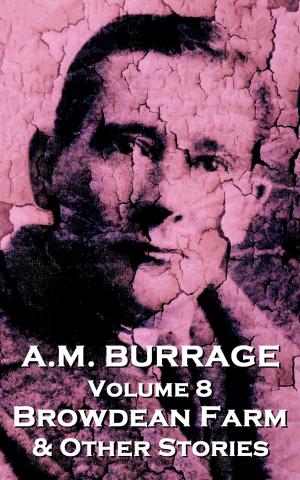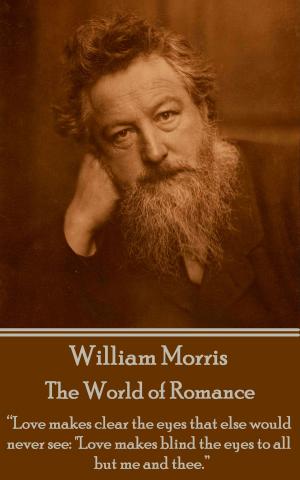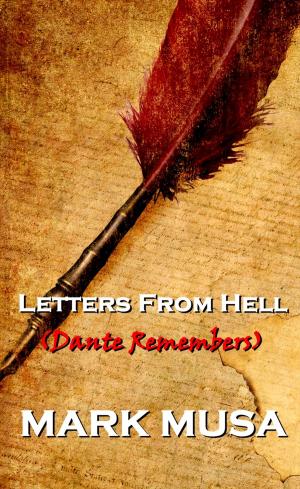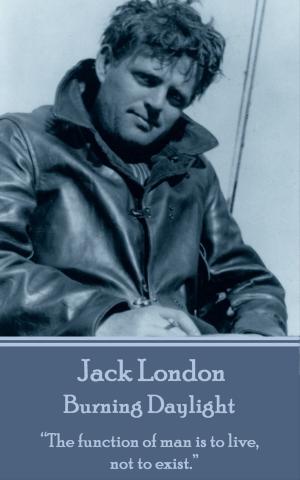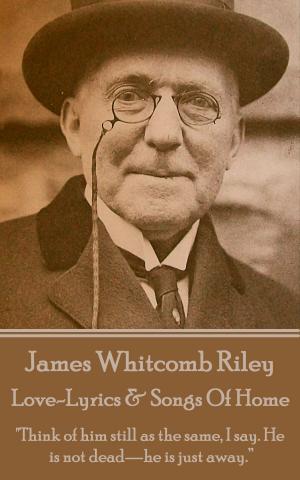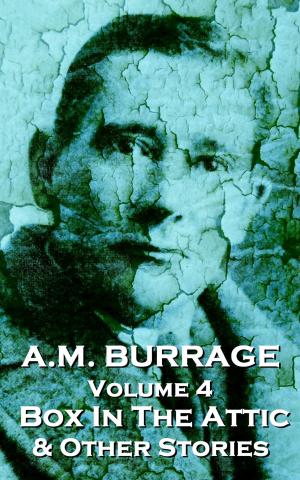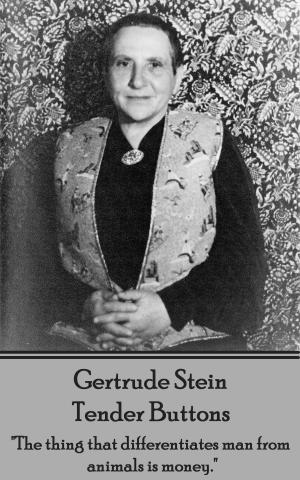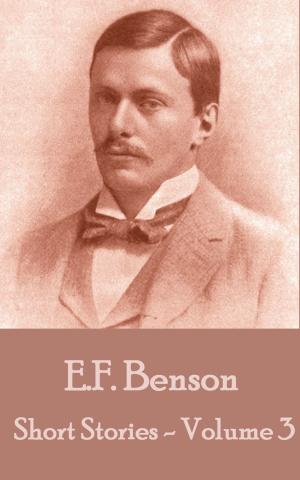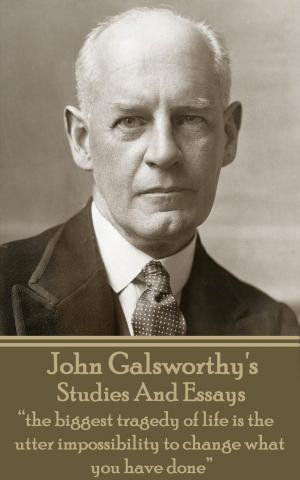Omoo
"A man thinks that by mouthing hard words, he understands hard things."
Nonfiction, Travel, Adventure & Literary Travel| Author: | Herman Melville | ISBN: | 9781785430527 |
| Publisher: | Deadtree Publishing | Publication: | December 15, 2009 |
| Imprint: | Wanderust | Language: | English |
| Author: | Herman Melville |
| ISBN: | 9781785430527 |
| Publisher: | Deadtree Publishing |
| Publication: | December 15, 2009 |
| Imprint: | Wanderust |
| Language: | English |
Herman Melville was born in New York City on August 1st, 1819 the third of eight children. At age 7 he contracted scarlet fever which was to permanently diminish his eyesight. By 12 his Father, bankrupted by a failed fur business with the embargo’s of the 1812 war with England, died. The family was left penniless. He was briefly able to attend again the Albany Academy from October 1836 to March 1837, where he studied the classics. After a failed stint as a surveyor he signed on to go to sea and travelled across the Atlantic to Liverpool and then on further voyages to the Pacific on adventures which would soon become the architecture of his novels. Whilst travelling he joined a mutiny, was jailed, fell in love with a South Pacific beauty and became known as a figure of opposition to the coercion of native Hawaiians to the Christian religion. He drew from these experiences in his books Typee, Omoo, and White-Jacket. These were published as novels, the first initially in London in 1846. They sold very well and enabled him to write full time although royalties were not vast. (During his life it is estimated his writing brought him no more than 10,000). In 1847 he married Elizabeth Shaw and after initially settling in New York they moved to Massachusetts. By 1851 his masterpiece, Moby Dick, was ready and published. It is perhaps, and certainly at the time, one of the most ambitious novels ever written. However it never sold out its initial print run of 3,000 and Melville’s earnings on this masterpiece was 556.37. In succeeding years his reputation waned and he found life increasingly difficult. His family was growing, now four children, and a stable income was essential. By 1855 with his writings almost ignored he joined the New York Customs house and worked there for the next 19 years. He published his last book in 1857 to little notice. Despite periods of drinking, depression and other ails Elizabeth stood by her husband despite calls from other family members and the marriage held together. In the 1860’s he wrote many poems, many based on the Civil War. But there was no publisher for him and no audience. In 1876 he was at last able to publish privately his 16,000 line epic poem Clare! It was to no avail. By 1885 with his wife’s inheritances they were able to retire. Herman Melville, novelist, poet, short story writer and essayist, died at his home on September 28rh 1891. He was the first writer to have his works collected and published by the Library of America.
Herman Melville was born in New York City on August 1st, 1819 the third of eight children. At age 7 he contracted scarlet fever which was to permanently diminish his eyesight. By 12 his Father, bankrupted by a failed fur business with the embargo’s of the 1812 war with England, died. The family was left penniless. He was briefly able to attend again the Albany Academy from October 1836 to March 1837, where he studied the classics. After a failed stint as a surveyor he signed on to go to sea and travelled across the Atlantic to Liverpool and then on further voyages to the Pacific on adventures which would soon become the architecture of his novels. Whilst travelling he joined a mutiny, was jailed, fell in love with a South Pacific beauty and became known as a figure of opposition to the coercion of native Hawaiians to the Christian religion. He drew from these experiences in his books Typee, Omoo, and White-Jacket. These were published as novels, the first initially in London in 1846. They sold very well and enabled him to write full time although royalties were not vast. (During his life it is estimated his writing brought him no more than 10,000). In 1847 he married Elizabeth Shaw and after initially settling in New York they moved to Massachusetts. By 1851 his masterpiece, Moby Dick, was ready and published. It is perhaps, and certainly at the time, one of the most ambitious novels ever written. However it never sold out its initial print run of 3,000 and Melville’s earnings on this masterpiece was 556.37. In succeeding years his reputation waned and he found life increasingly difficult. His family was growing, now four children, and a stable income was essential. By 1855 with his writings almost ignored he joined the New York Customs house and worked there for the next 19 years. He published his last book in 1857 to little notice. Despite periods of drinking, depression and other ails Elizabeth stood by her husband despite calls from other family members and the marriage held together. In the 1860’s he wrote many poems, many based on the Civil War. But there was no publisher for him and no audience. In 1876 he was at last able to publish privately his 16,000 line epic poem Clare! It was to no avail. By 1885 with his wife’s inheritances they were able to retire. Herman Melville, novelist, poet, short story writer and essayist, died at his home on September 28rh 1891. He was the first writer to have his works collected and published by the Library of America.
